CutiePi Receives Raspberry Pi Compute Module 4 Update
A little extra power for your projects
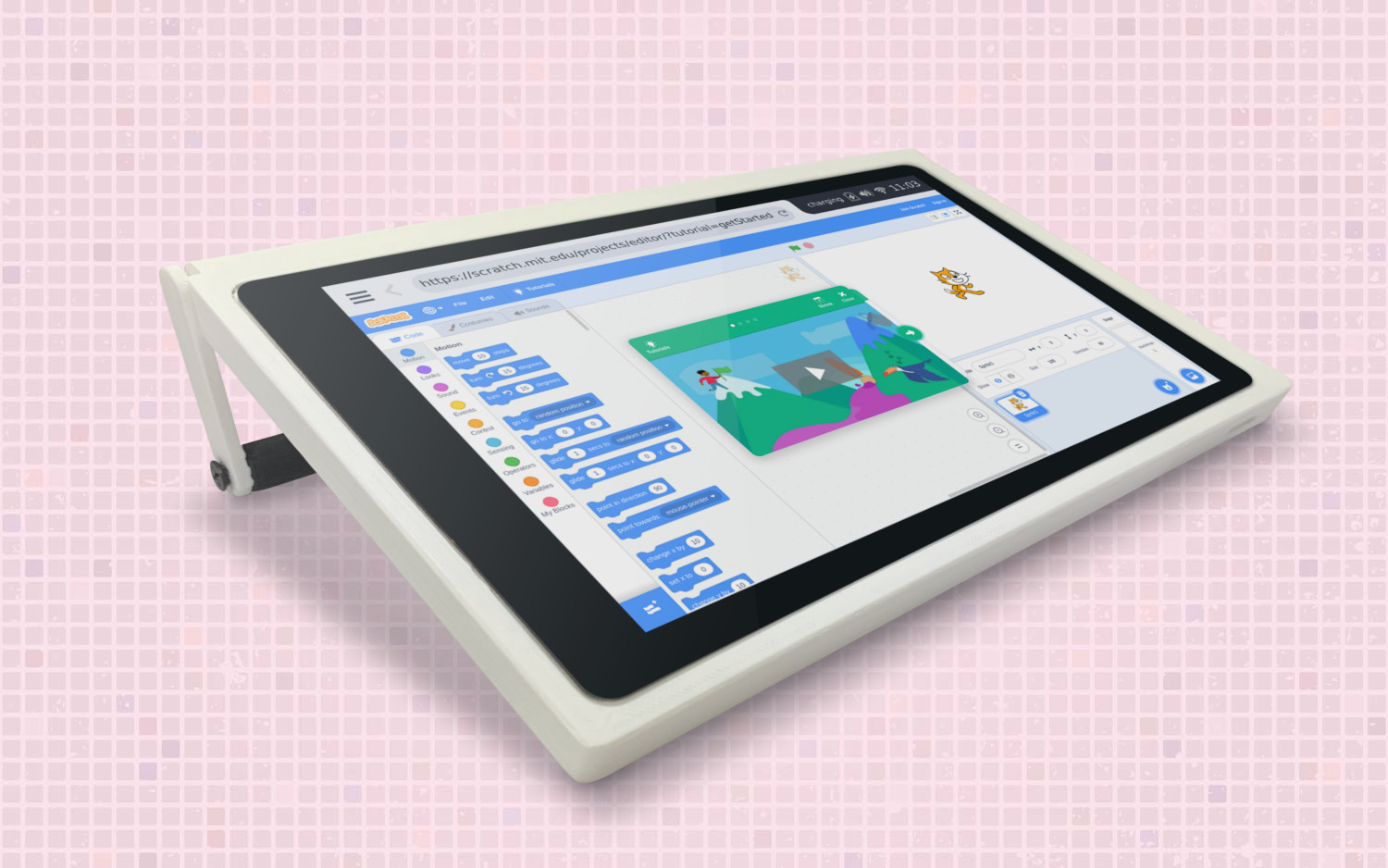
July 2020 may seem like a lifetime ago, but for a Kickstarter, it's a mere drop in the ocean. Back then, CutiePi was seeking crowdfunding for its Raspberry Pi Compute Module 3 powered tablet. This model is almost ready to ship to eager backers, but in a recent update to their site, we see that the company is now working on a Raspberry Pi Compute Module 4-powered unit.
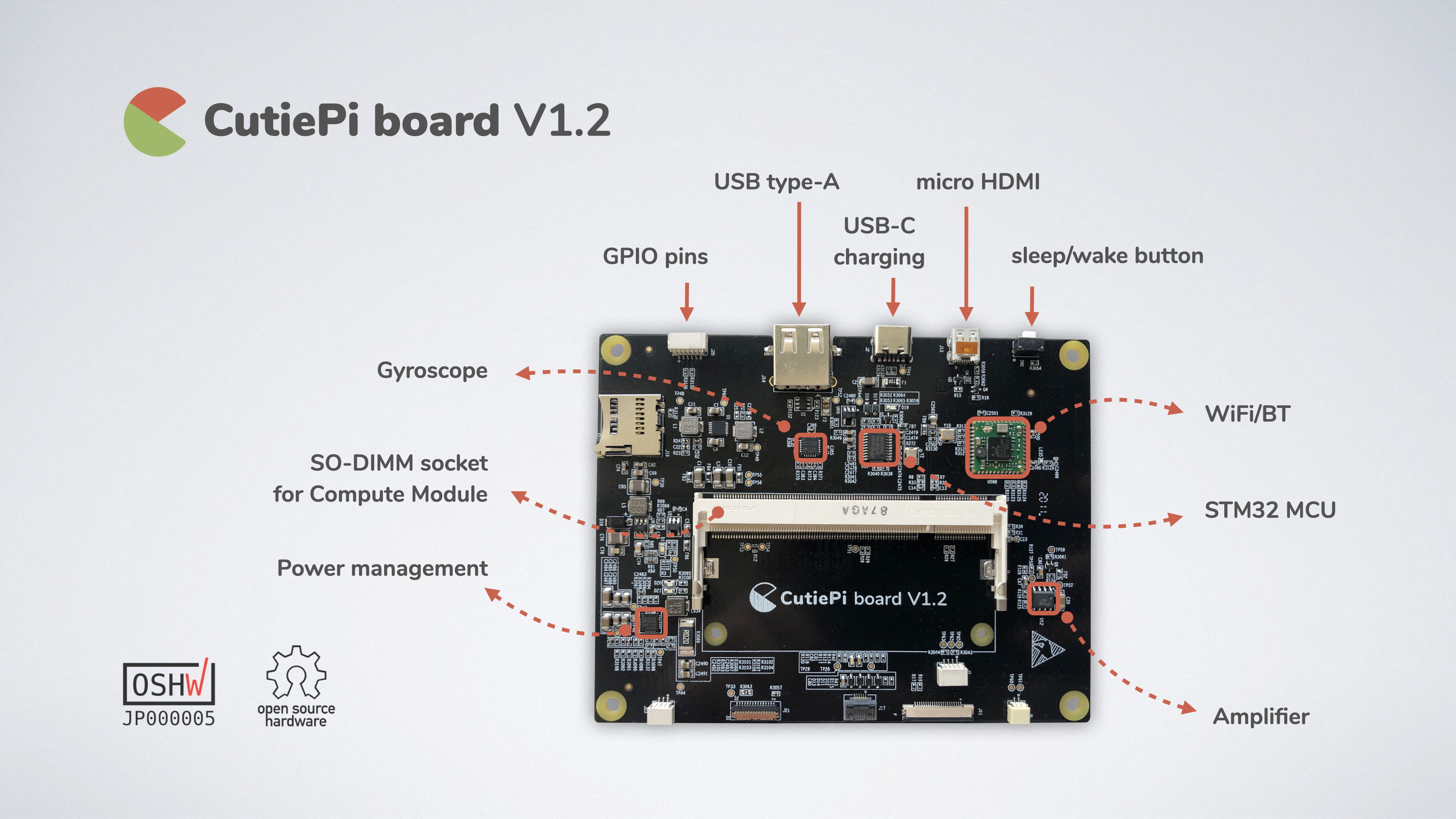
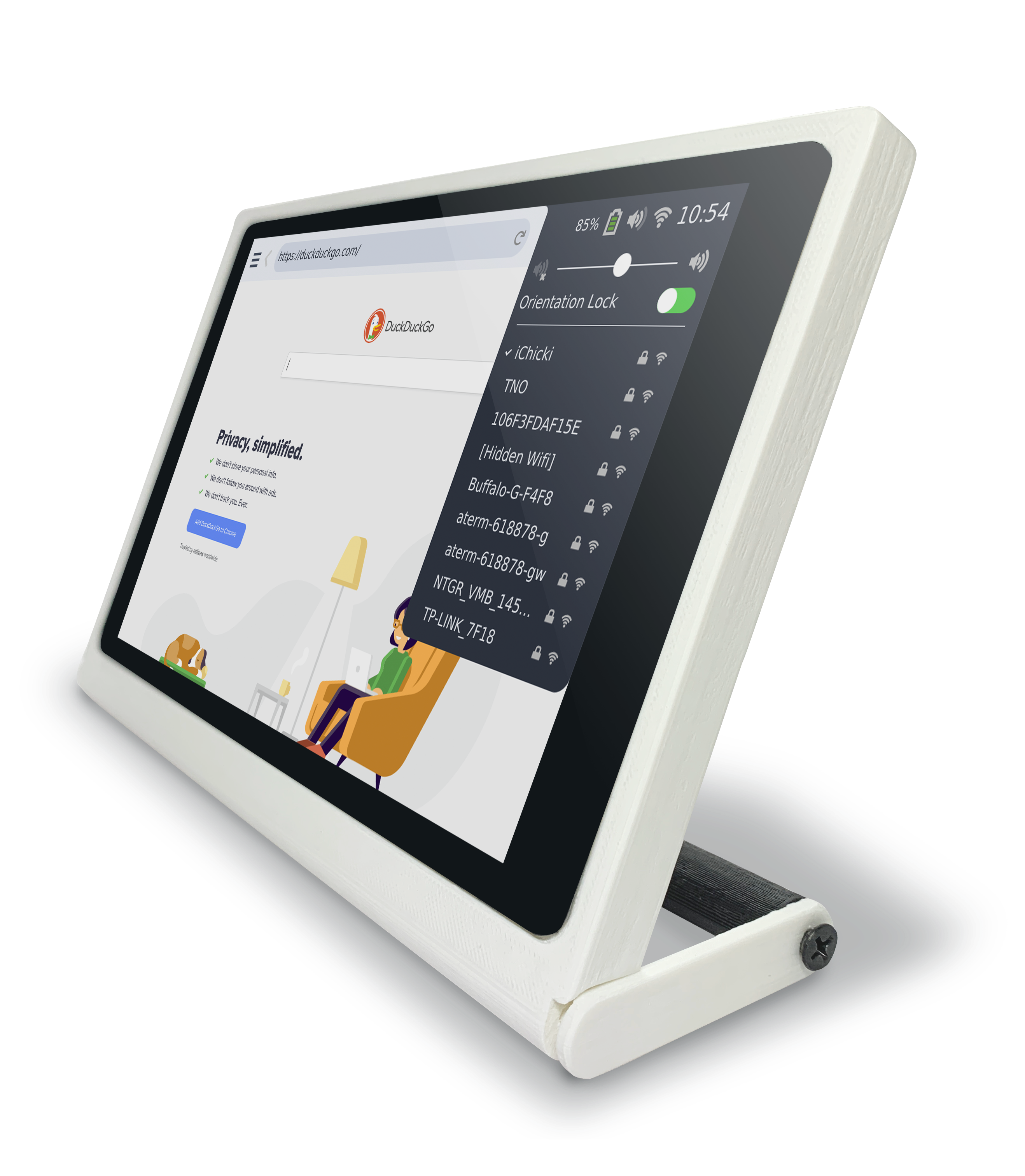

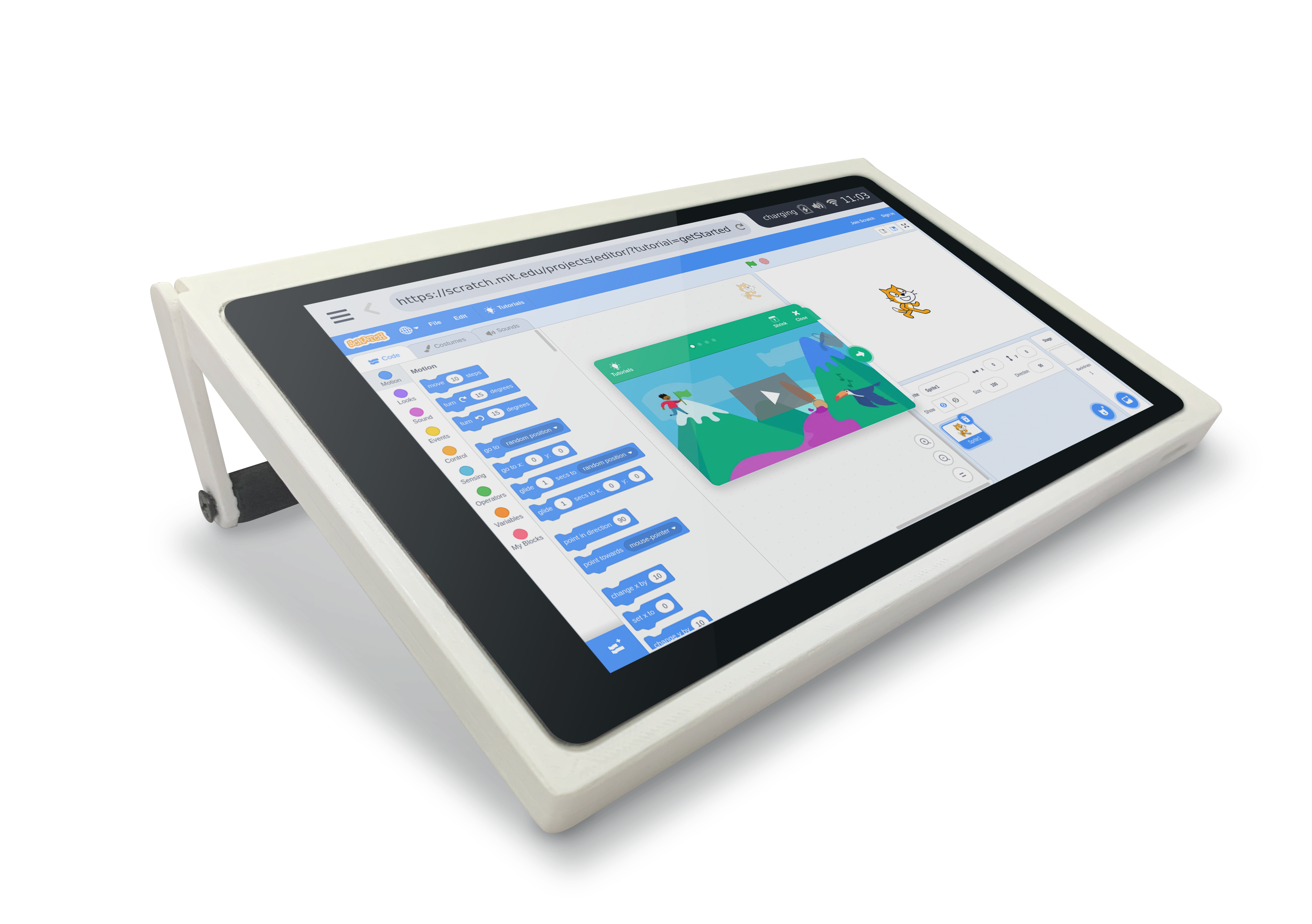
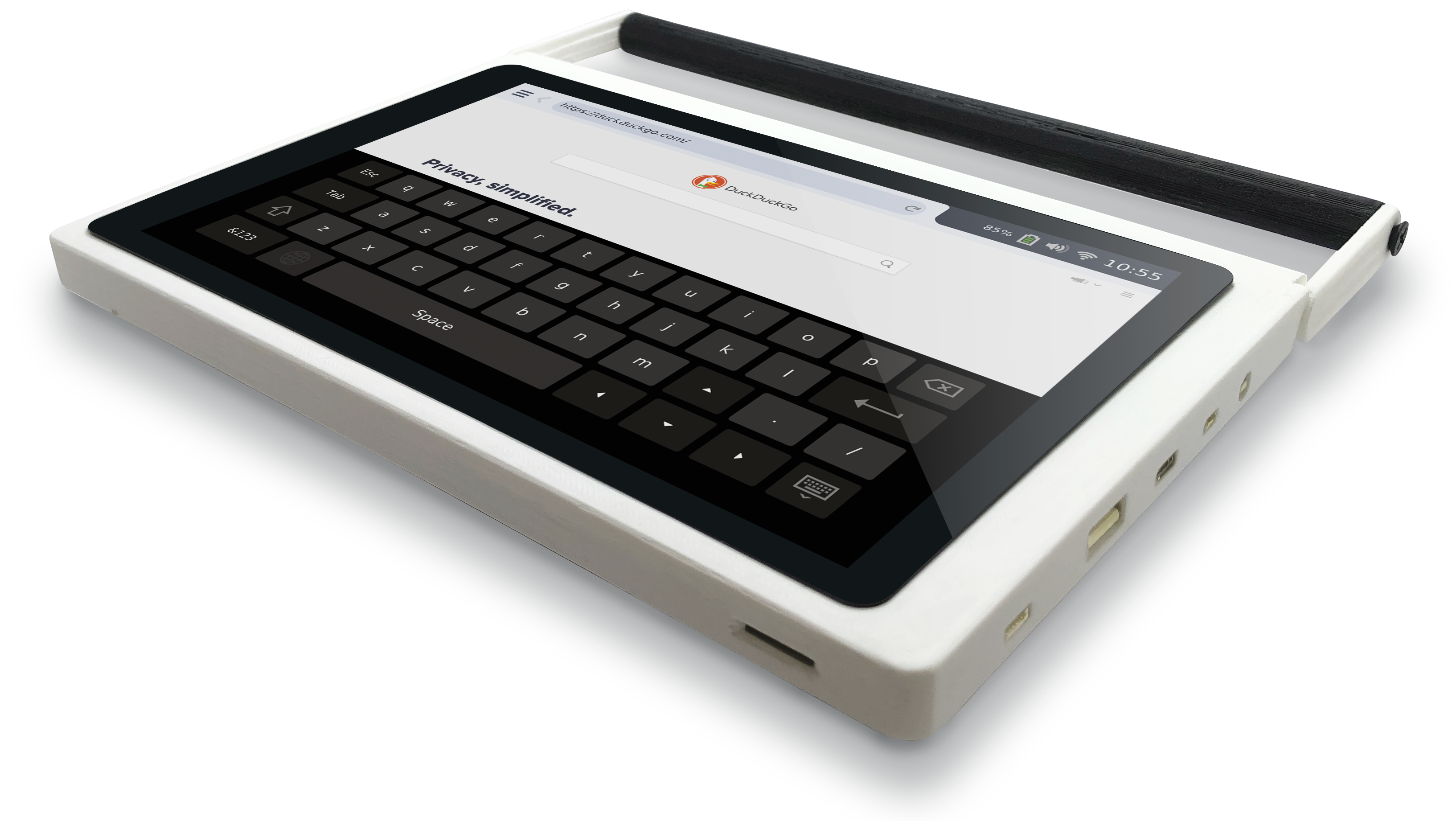
The Compute Module 4 CutiePi tablet looks almost identical to its predecessor. The majority of the changes are internal and based around the new carrier board for the included Compute Module 4 Lite with 2GB of RAM and a quad-core 1.5 GHz Arm CPU. You may be thinking, "Why can't they just insert a Compute Module 4 in the old units?" With the Compute Module 4, we saw a move away from the SODIMM form factor used for previous modules. The Compute Module 4 uses two densely packed connectors for data and power connections. Other changes introduced by CutiePi 2.0 are a microphone (replacing the six-pin GPIO), 2.4 and 5 GHz WiFi, and Bluetooth 5 / BLE.
What remains the same is the 1280 x 800 8 inches 5 point multi-touch IPS LCD. That's enough for on-the-go projects, but should we need to use CutiePi on the desk, we can plug in an external monitor via a micro HDMI output. CutiePi features a 5 MP rear-facing camera and a gyroscope sensor that's used to orientate the screen from portrait to landscape. As this is a tablet, CutiePi has its own user interface on top of a typical Raspberry Pi OS install.
The price for all of this? $199, which isn't a bad deal considering what we get. This time CutiePi is taking pre-orders directly on its website with a July 2021 shipping date.
Get Tom's Hardware's best news and in-depth reviews, straight to your inbox.

Les Pounder is an associate editor at Tom's Hardware. He is a creative technologist and for seven years has created projects to educate and inspire minds both young and old. He has worked with the Raspberry Pi Foundation to write and deliver their teacher training program "Picademy".